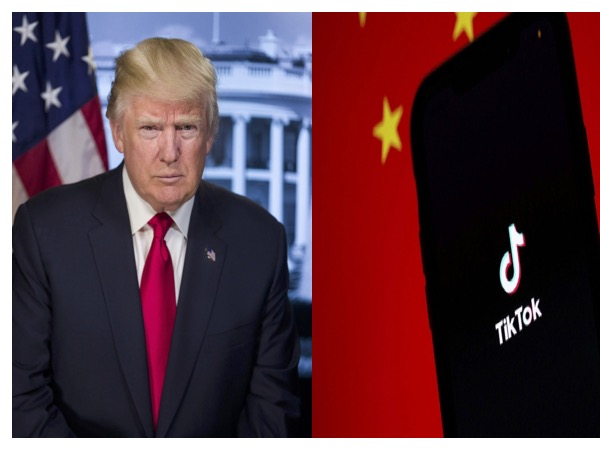Letter to the editor: Decline in international students caused by alienation
The Inquirer published an article in print titled “Big Drop in International Enrollment” on August 30, 2017. The article sought to explain the reason behind Diablo Valley College’s largest decline in international student enrollment since it was originally founded.
The article concluded, based on an interview with a Kazakhstan student, that the reason for the decline was due to insufficient advertisement which leads to foreign students not knowing about DVC. Further, the article emphasized the financial impact of the recent decline stating that it lead to reduction of school income and less cultural diversity.
The article highlights the materialistic nature of international students but overlooks the more important fact that international students are “students” of the school and must be viewed through the same lens that all other students are viewed through.
According to an article, written by Jenny J. Lee and Charles Rice, published in the “Higher Education” journal, the reasons for the decline in international applications and enrollment are heightened national security and obstacles related to obtaining visas, increased competition from other countries and discrimination, or hostility, toward foreign students.
As an example of the latter point, hundreds of Middle Eastern students withdrew from U.S. institutions and returned home rather than live in fear of reprisal after Sept. 11, 2001, a situation which partly explains the substantial decline in international applications from the Middle East and South Asia.
Although the reason behind the decline being due to there not being enough advertisement may be somewhat true, I believe it is more important to look at it from the students’ perspective rather than from the institutional perspective.
According to the DVC website, in-state students pay $46 per one credit while international students pay $254 per one credit, which is roughly five times more.
Moreover, there are some resident students who pay only $17 with veteran or disability supports. In addition, in-state and out-of-state students are often eligible to receive scholarships or financial aid, which most foreign students are not eligible for.
Perhaps the institution feels that international students who are able to study abroad will be from the upper class and able to afford the expensive tuition.
The institution forgets that not only is this not true for all international students, but even for those that are able to pay the hiked-up tuition may feel cheated. International students may also feel alienated by the fact that the U.S. government feels no responsibility in aiding and looking after their well-being.
The counterargument may be that international students have not paid taxes which helps schools and institutions exist, and therefore they have to pay the higher tuition fees. However, we must also look at other countries that are going through similar situations. I conducted an interview with a friend of mine, Seo who is studying abroad in France. According to Seo, international students in France pay similar tuition fees as resident students.
I believe the institution needs to give voice and opportunities for international students to help make important decisions that make a real difference in the well-being of other international students.
The decline is not due to the lack of advertisement, it is due to the lack of recognition. The institution needs to recognize international students as students, rather than as passive recipients of decisions.
We have voice, motivation, and passion. We want to be an active part of the community and the DVC school, not someone who just comes and goes.








































































